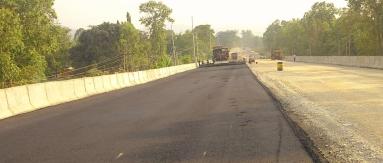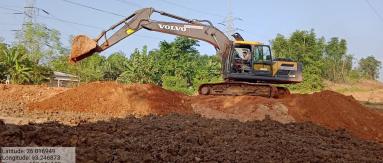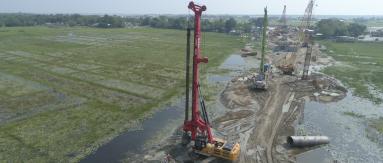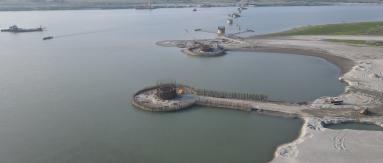- फीडबैक
- साइट मैप
- मुख्य विषयवस्तु में जाएं
- स्क्रीन रीडर एक्सेस
- A+ A A -
- A A
- नियंत्रण कक्ष नं. - 9205949400, 011-26768950
ब्लॉग
Geographical Location
Assam is located in northeastern India, bordered by Bhutan, Arunachal Pradesh, Nagaland, Manipur, Mizoram, Tripura, Meghalaya, and West Bengal. Lush landscapes, rolling hills, and fertile plains characterise the state. Its strategic location makes it a gateway to the northeastern states and a cultural melting pot.
- Capital: Dispur | Largest City: Guwahati
- Districts: 35 | Total Area: 78438 sq km
Festivals of Assam
Assam celebrates a variety of festivals, with Bihu being the most prominent. Bihu marks the Assamese New Year and is celebrated thrice a year – Rongali, Bhogali, and Kongali Bihu – each corresponding to different agricultural cycles. The festival is marked by music, dance, and feasting, reflecting the agrarian roots of Assamese society. Other significant festivals include Durga Puja, Ambubachi Mela, and the Baishagu festival of the Bodos.
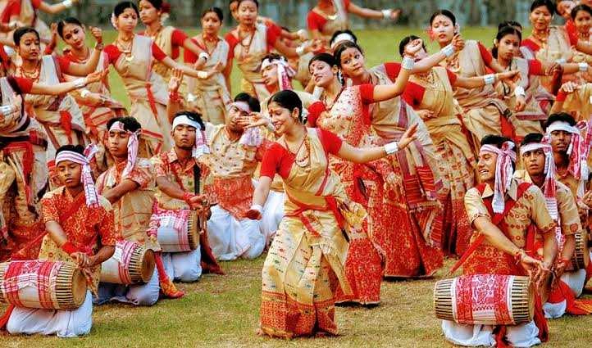
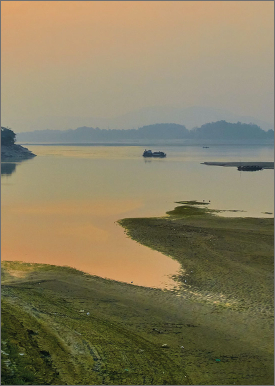
Brahmaputra River
The mighty Brahmaputra River flows through Assam, shaping its geography and culture. This transboundary river is central to the state's ecosystem, supporting agriculture, fishing, and transportation.
River's annual flooding brings fertile silt to the plains, sustaining the agrarian economy, while also posing challenges with its unpredictable nature.
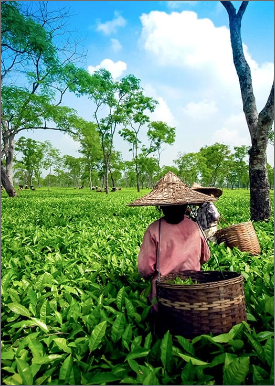
Tea Gardens
Assam is famous for being one of the largest tea-producing regions in the world. The sprawling tea gardens, primarily in the districts of Dibrugarh, Jorhat, and Tinsukia, produce robust and flavorful Assam tea.
These gardens are not just economic hubs but also scenic attractions, drawing visitors to their verdant expanses and historic plantations.
Tourist Places
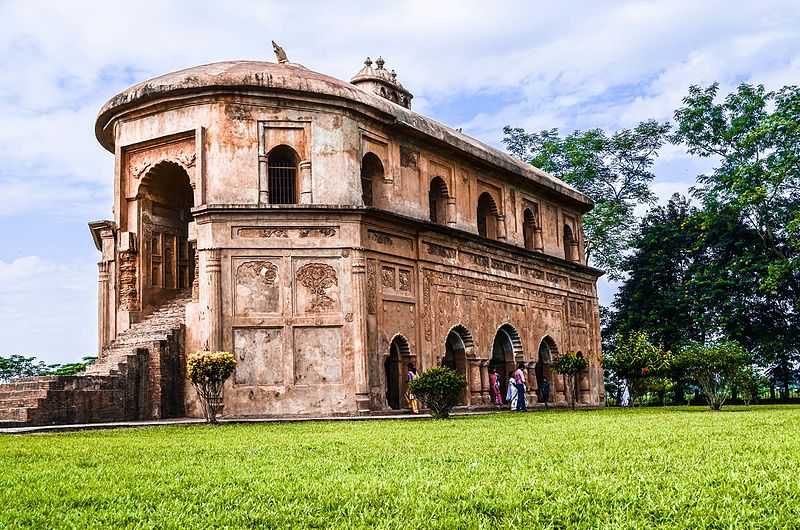
Sivasagar
The town boasts the Ahom dynasty's historic monuments like the Sivasagar Sivadol, Rang Ghar, and Talatal Ghar.
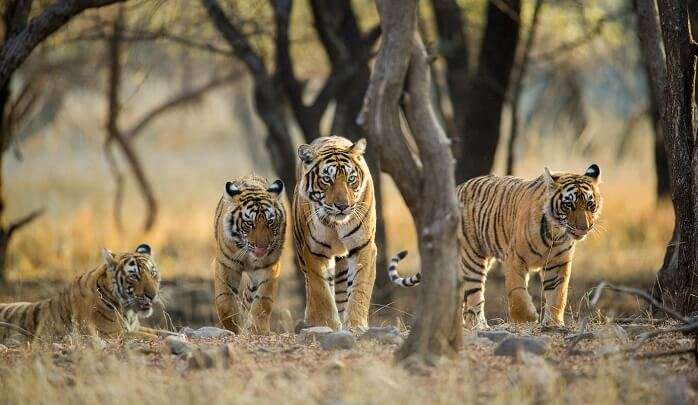
Manas Wildlife Sanctuary
It is a World Heritage site that is famous for tigers, wild water buffalo and elephants.
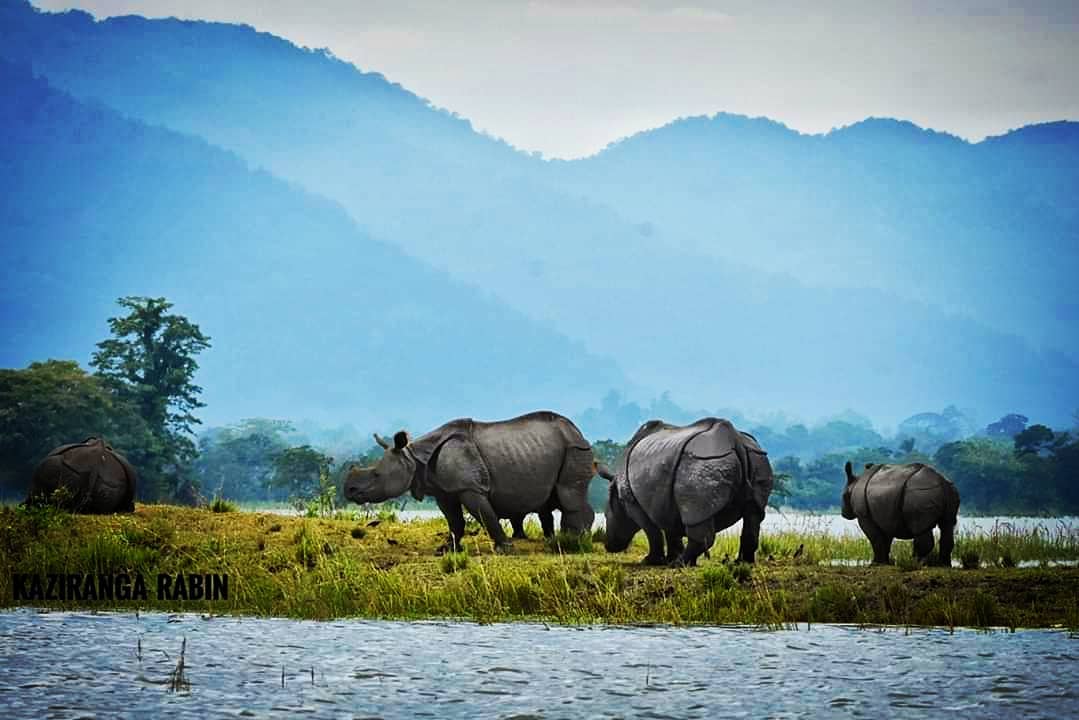
Kaziranga National Park
Kaziranga National Park has the world’s largest population of Indian one- horned rhinoceroses. Ganges River dolphins swim in the park’s waters.
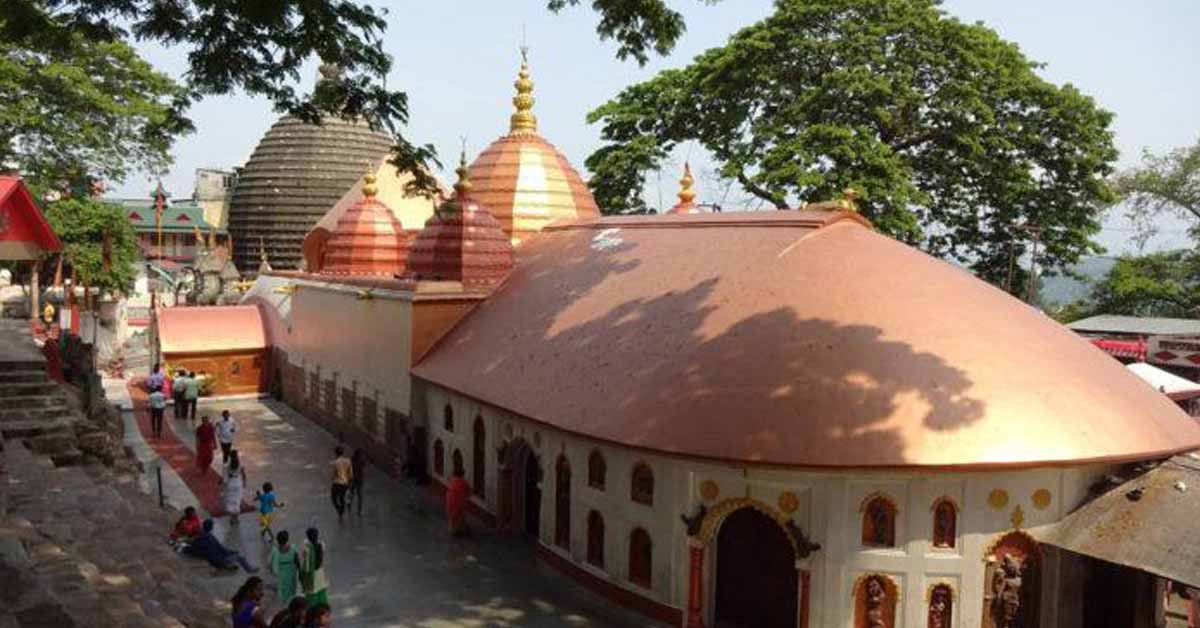
Kamakhya Temple
The temple is the centre of the Kulachara Tantra Marga and the site of the Ambubachi Mela, celebrated in June, an annual festival worth visiting.




